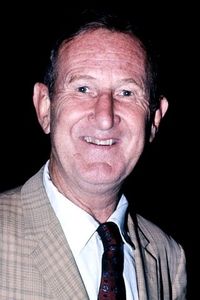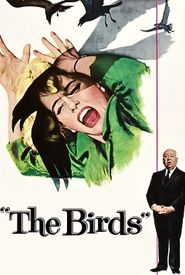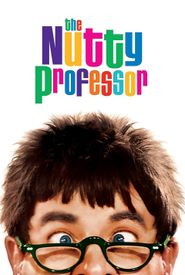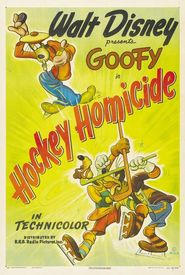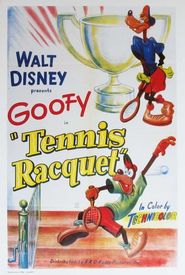Noted for his enduring popularity at Stanford University, where he was affectionately remembered for his numerous pranks and playful jokes.
Occasionally, he would make guest appearances on renowned radio programs, such as Rudy Vallee's show and Kraft Music Hall, during the late 1930s and early 1940s.
Throughout the nation, he performed in various clubs, showcasing his remarkable talent for manic comic sports narrations, often incorporating his friends' names as characters.
He also lent his voice to Disney cartoons, including the popular "Hockey Homicide," among others.
In 1946, he joined Spike Jones' troupe, recording his hilarious horse and auto-race routines, which included parodies of the "William Tell Overture" and "Dance of the Hours."
Subsequently, he developed a spoonerizing character for the Spike Jones Radio Show, titled "Professor Feitlebaum," which aired from 1947 to 1949. This character was heavily influenced by the 1930s comic "Joe Twerp."
Tours with Jones' stage revue continued until 1951, after which he returned to Jones for various record and television projects, a collaboration that lasted until 1964.
As an early television pioneer, he made numerous guest appearances in the 1940s.
In the early 1960s, he created a series of "Day with Doodles" silent comedy shorts for color television.
Throughout his life, he was adamant that his famous horse character was indeed "Feitlebaum" and not "Beetlebaum."
In his later years, he became increasingly approachable, enjoying conversations with his fans and even listing his home phone number in the Los Angeles directory, making himself accessible to those who admired him.
